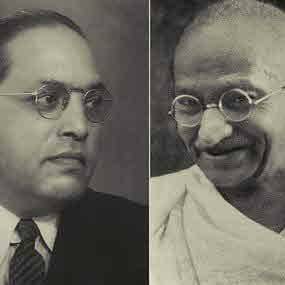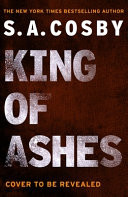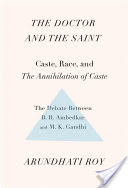
In 1931, when Ambedkar met Gandhi for the first time, Gandhi questioned him about his sharp criticism of the Congress (which, it was assumed, was tantamount to criticising the struggle for the Homeland). “Gandhiji, I have no Homeland,” was Ambedkar‘s famous reply. “No Untouchable worth the name will be proud of this land.”



















